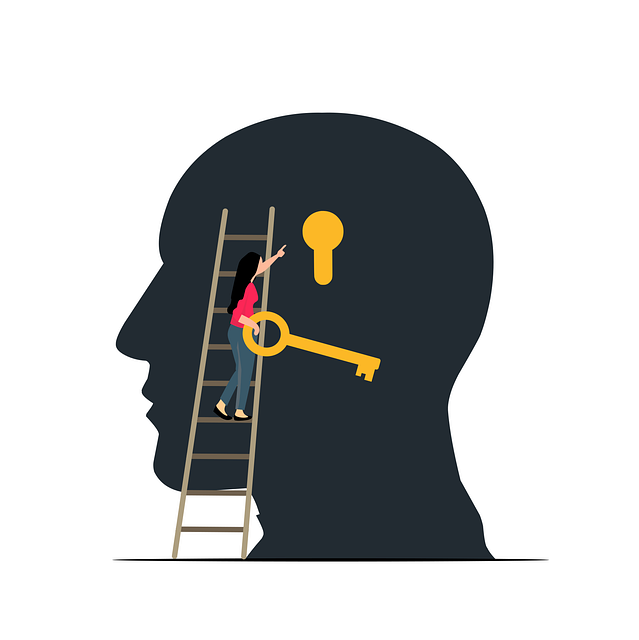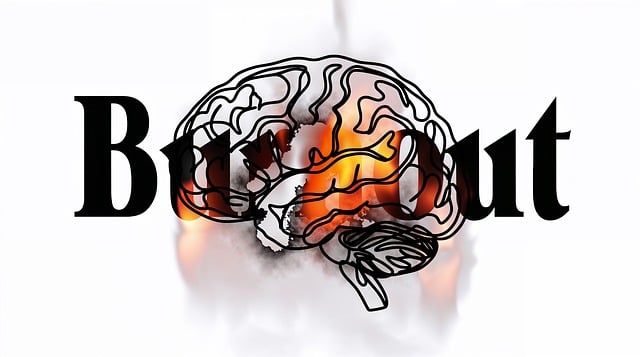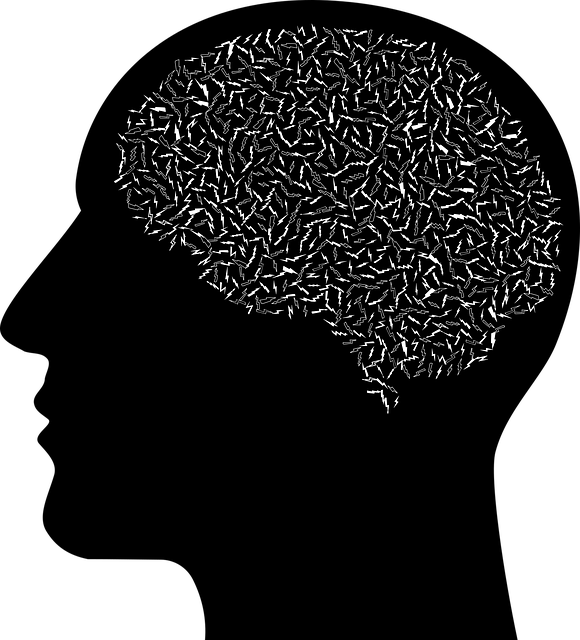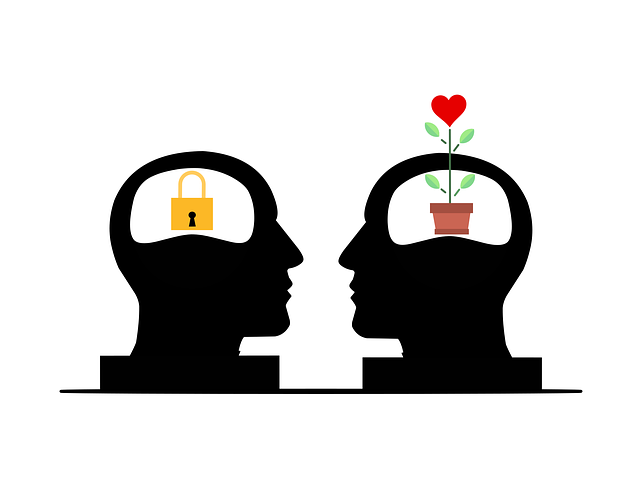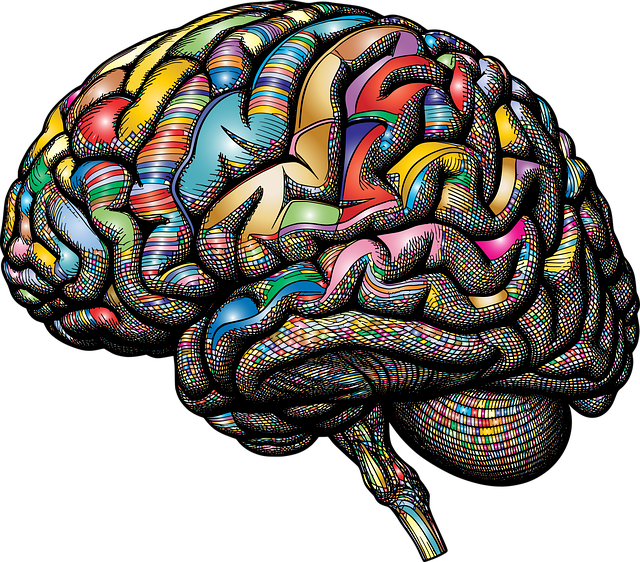Mindfulness meditation is a powerful tool in Superior Drug Abuse-Substance Abuse Therapy, breaking negative thought patterns and behaviors linked to addiction. It enhances depression prevention, overall well-being, and self-care routines when integrated into daily life. Creating a safe space, practicing breath awareness and body scans, and starting with shorter sessions help overcome challenges. Structured approaches like mindfulness-based stress reduction aid recovery. Integrating mindfulness into daily activities promotes focus, emotional control, empathy, and crisis intervention techniques, making it a transformative tool for mental health management, including Superior Drug Abuse-Substance Abuse Therapy.
“Unwind and transform your life with a powerful tool in the realm of mental health: mindfulness meditation. This article guides you through the practice, from its foundational understanding as a recovery aid to practical techniques like breath awareness and body scans. We’ll explore common challenges faced during preparation and practice, offering solutions for a seamless journey. Discover how integrating mindfulness into your daily routine can lead to lasting positive changes, complementing superior drug abuse-substance abuse therapy.”
- Understanding Mindfulness Meditation: A Powerful Tool for Recovery
- Preparing for Practice: Creating a Safe and Comfortable Space
- Techniques to Master: Breath Awareness and Body Scans
- Common Challenges and How to Overcome Them
- Integrating Mindfulness into Daily Life for Lasting Changes
Understanding Mindfulness Meditation: A Powerful Tool for Recovery

Mindfulness meditation is a powerful tool that has gained significant attention in the field of mental health and substance abuse therapy. It involves focusing on the present moment, acknowledging and accepting one’s feelings, thoughts, and bodily sensations without judgment. This practice, at its core, encourages individuals to develop a deeper understanding of themselves and their reactions to stress, anxiety, and even drug abuse.
In the context of superior drug abuse-substance abuse therapy, mindfulness meditation plays a crucial role in recovery. It helps individuals break free from negative thought patterns and behaviors associated with addiction. By fostering self-awareness, it enables people to make conscious choices about their mental health, ultimately contributing to effective depression prevention and enhancing overall well-being. Mental health education programs design often incorporates mindfulness as a key component, teaching individuals how to integrate this practice into their daily lives for improved self-care routine development.
Preparing for Practice: Creating a Safe and Comfortable Space

Creating a safe and comfortable space is an essential step in preparing for mindfulness meditation practice. This involves ensuring your environment is free from distractions and conducive to relaxation. Dim the lights, silence any loud noises, and organize your seating or lying position to promote comfort. A quiet, peaceful setting allows you to fully immerse yourself in the practice, enhancing its benefits.
Think of it as preparing a sanctuary where you can connect with your inner self. This space should be yours alone, free from interruptions, enabling you to focus on your breath and thoughts without distraction. It’s an investment in your mental wellness coaching programs development, burnout prevention, and inner strength growth.
Techniques to Master: Breath Awareness and Body Scans

Mastering mindfulness involves honing two key techniques: breath awareness and body scans. Breath awareness is a powerful tool to anchor yourself in the present moment. By focusing on your inhalation and exhalation, you create a sense of calm and clarity, which can help reduce stress and anxiety. This simple yet profound practice strengthens your ability to observe without judgment, a skill beneficial for managing emotions and improving overall well-being.
Body scans, another essential exercise, involve paying attentive, non-judgmental notice to sensations throughout your body. Starting from the top of your head and moving down to your toes (or vice versa), you become aware of tension, relaxation, or any peculiar feelings. This self-awareness exercise cultivates a deeper connection with your physical being, promoting mental and emotional balance. It’s especially valuable for those in Superior Drug Abuse-Substance Abuse Therapy, as it can aid in identifying triggers and managing cravings by fostering mindfulness of bodily cues.
Common Challenges and How to Overcome Them

Many individuals seeking mindfulness meditation practice often face challenges that can hinder their progress. One common obstacle is maintaining focus and combating restless minds, especially for beginners. The modern world’s constant distractions make it hard to quiet the mind. To overcome this, start with shorter meditation sessions and gradually increase duration. Focus on your breath as an anchor; when thoughts arise, gently redirect your attention back to it. This practice develops discipline and improves concentration over time.
Another challenge is integrating mindfulness into daily life, especially for those dealing with substance abuse or crisis interventions. Incorporating mindfulness requires consistent effort and a structured approach. Crisis intervention guidance can provide essential tools, such as mindfulness-based stress reduction techniques, to help individuals manage triggers and cravings. Healthcare provider cultural competency training can also enhance understanding of diverse populations’ unique needs. Moreover, fostering inner strength development through meditation enables individuals to navigate stressful situations more effectively, supporting long-term recovery and improved mental health.
Integrating Mindfulness into Daily Life for Lasting Changes

Integrating mindfulness into daily life is a powerful strategy for lasting personal growth and mental health improvement. Beyond fleeting moments of calm, it’s about cultivating awareness throughout your day. Start with simple practices like mindful breathing during commutes or eating without distractions. These small shifts create a foundation for enhanced focus and emotional regulation.
Over time, consistent mindfulness practice can lead to positive changes in how we interact with stress, improve our relationships through increased empathy building strategies, and even offer valuable crisis intervention guidance. It becomes a tool for navigating life’s challenges with greater clarity and resilience, ultimately transforming the way we approach mental health awareness and substance abuse therapy.
Mindfulness meditation offers a powerful tool in the fight against substance abuse and addiction, as evidenced by its effectiveness in superior drug abuse-substance abuse therapy. By understanding the practice, preparing your space, mastering techniques like breath awareness and body scans, overcoming common challenges, and integrating mindfulness into daily life, you can harness the transformative potential of this ancient technique for lasting positive change. Remember, consistent practice is key to unlocking the benefits of mindfulness meditation and achieving true recovery.

